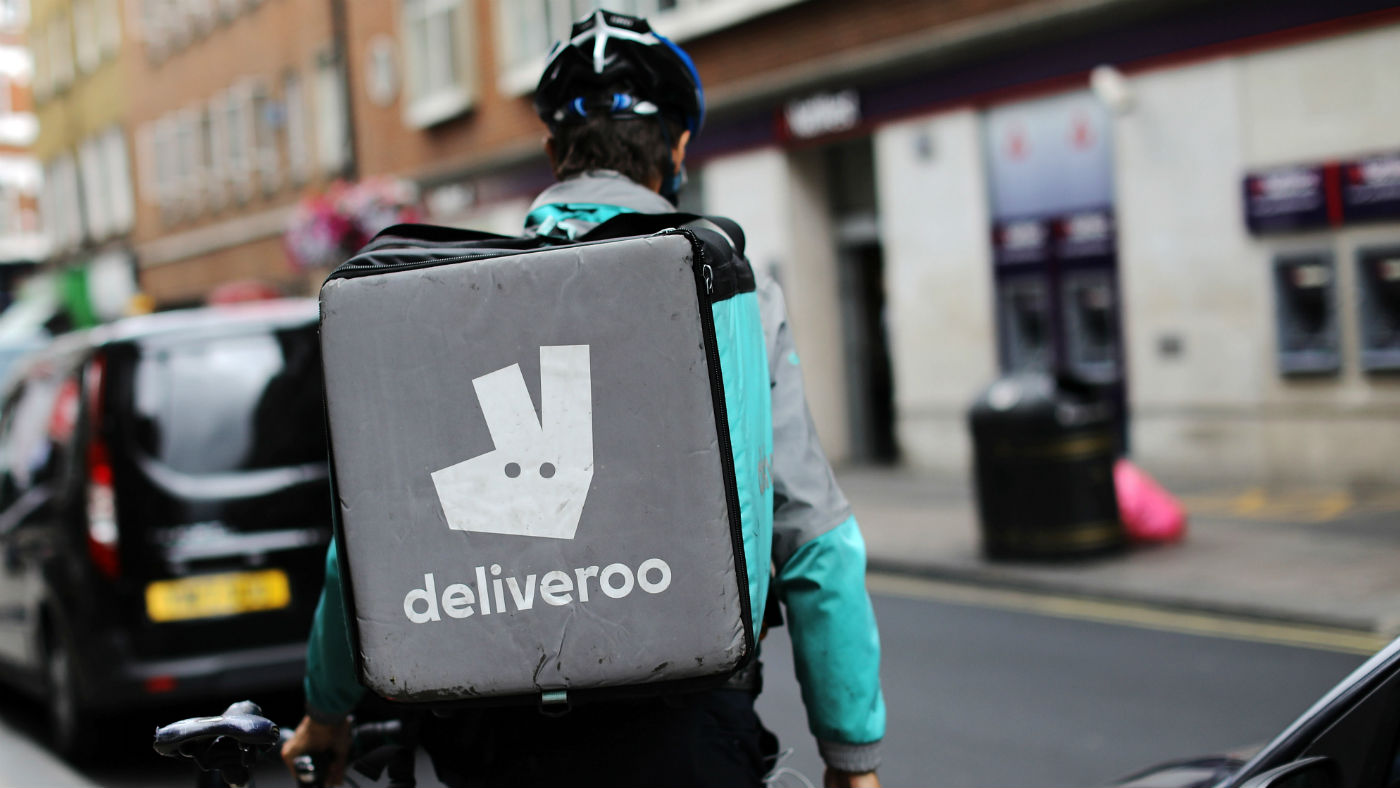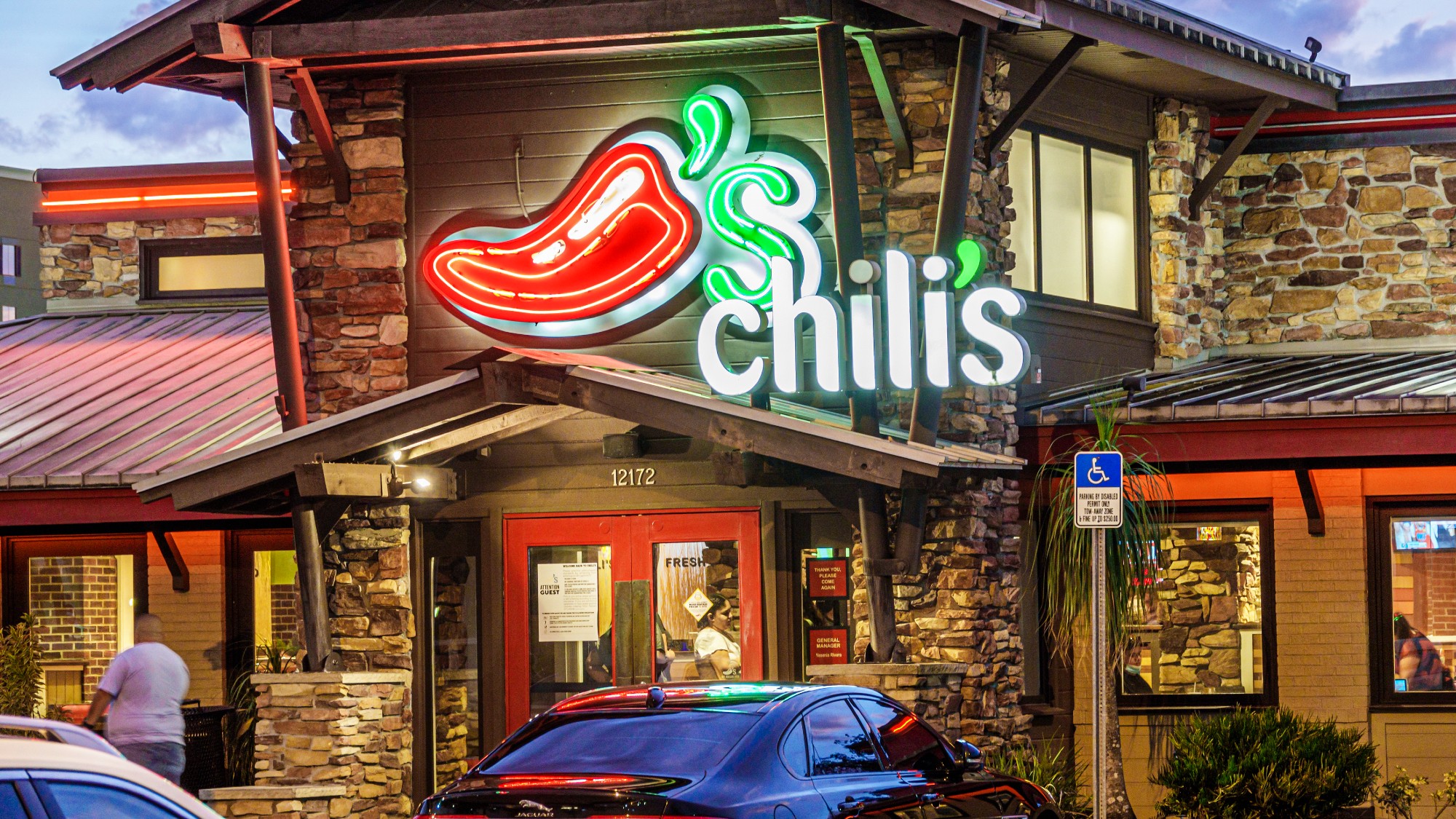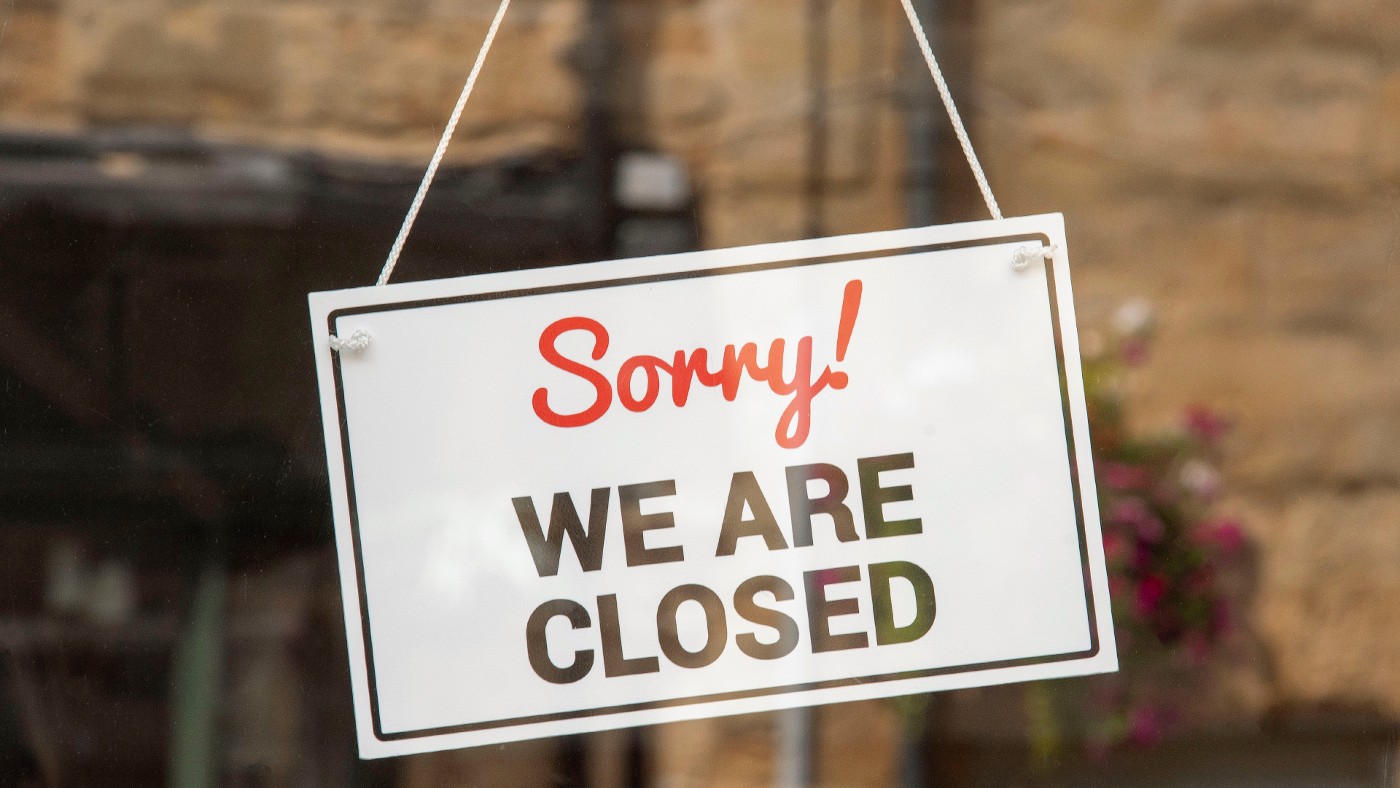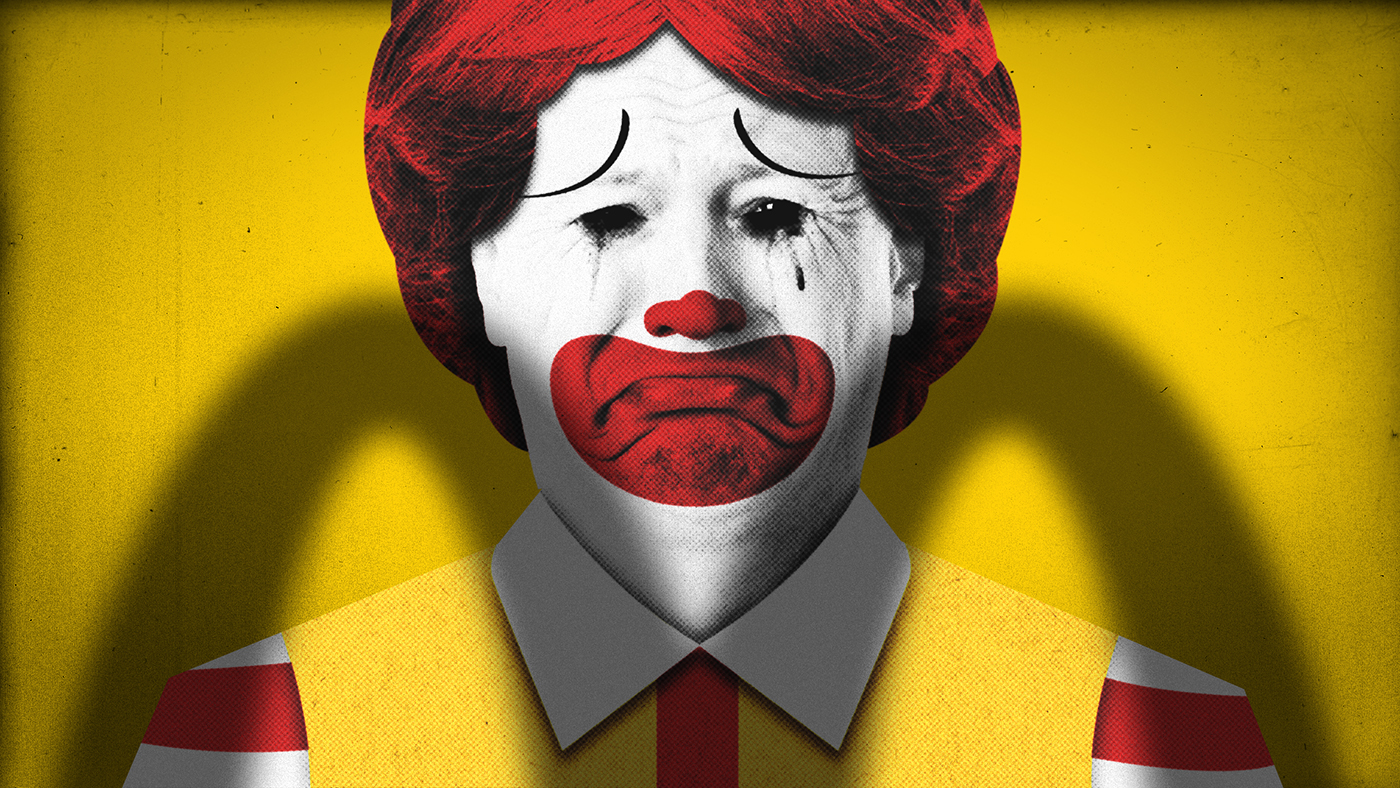Why are so many restaurants closing down?
Market saturation and changing spending habits lead to record number of insolvencies

A free daily email with the biggest news stories of the day – and the best features from TheWeek.com
You are now subscribed
Your newsletter sign-up was successful
The number of restaurant insolvencies in Britain has reached a record high, with an average of four eating establishments folding a day.
A study by accountants Price Bailey showed there were 1,442 restaurant insolvencies in 2018, up 40% on the year before and double the number in 2010.
Price Bailey said a major reason was that mid-market restaurants had expanded too quickly, with chain restaurants “particularly vulnerable to changing consumer fads”.
The Week
Escape your echo chamber. Get the facts behind the news, plus analysis from multiple perspectives.

Sign up for The Week's Free Newsletters
From our morning news briefing to a weekly Good News Newsletter, get the best of The Week delivered directly to your inbox.
From our morning news briefing to a weekly Good News Newsletter, get the best of The Week delivered directly to your inbox.
“What was once flavour of the month can quickly go out of fashion,” it said.
Restaurant critic Jay Rayner told the BBC that many restaurants, and particularly mid-market chains, operated on “extremely tight profit margins”.
“They might be worth a lot but their margins are so tight that they are subject to real pain if there are sudden changes in the market place,” he said.
Amid calls to do more to shore up the beleaguered high street, Chancellor Philip Hammond announced a business rates cut of one-third for sites with a rateable value of £51,000 or less, in his October Budget that was “expected to save hospitality businesses £750m”, says The Caterer.
A free daily email with the biggest news stories of the day – and the best features from TheWeek.com
However, it came too late for well-known high street names such as burger chain Byron, Argentinian steak restaurant Gaucho and Italian chains Prezzo, Carluccio’s and Jamie’s Italian, which all used Company Voluntary Arrangements (CVAs) last year to restructure their business and keep trading.
In December, a separate report from accountancy firm Moore Stephens blamed the rise on overcapacity at a time when Britons are eating out less.
It also said interest rate rises and Brexit concerns had “put a dent” in consumer spending growth, as operators faced rising overheads such as the minimum wage and ingredients costs.
Both accountancy firms also highlighted changing consumer spending habits, notably the rise in takeaway delivery apps such as Deliveroo and Just Eat, as contributing factors to the rise in restaurants going out of business
Reuters reports “the latest sign of vulnerability in Britain’s consumer economy”, comes after it was revealed that personal insolvencies have also soared to their highest level since 2010.
-
 Bondi, Democrats clash over Epstein in hearing
Bondi, Democrats clash over Epstein in hearingSpeed Read Attorney General Pam Bondi ignored survivors of convicted sex offender Jeffrey Epstein and demanded that Democrats apologize to Trump
-
 Are Big Tech firms the new tobacco companies?
Are Big Tech firms the new tobacco companies?Today’s Big Question Trial will determine if Meta, YouTube designed addictive products
-
 El Paso airspace closure tied to FAA-Pentagon standoff
El Paso airspace closure tied to FAA-Pentagon standoffSpeed Read The closure in the Texas border city stemmed from disagreements between the Federal Aviation Administration and Pentagon officials over drone-related tests
-
 Why is pizza in decline?
Why is pizza in decline?In the Spotlight The humble pie is getting humbler
-
 Cracker Barrel crackup: How the culture wars are upending corporate branding
Cracker Barrel crackup: How the culture wars are upending corporate brandingIn the Spotlight Is it 'woke' to leave nostalgia behind?
-
 How is Chili's saving casual dining? Could others follow?
How is Chili's saving casual dining? Could others follow?Today's Big Question Value and TikTok virality bring in the diners
-
 Why are America's restaurant chains going bankrupt?
Why are America's restaurant chains going bankrupt?Today's Big Question Red Lobster was the first. TGI Fridays might be next.
-
 It's not your imagination — restaurant reservations are becoming harder to get
It's not your imagination — restaurant reservations are becoming harder to getIn the Spotlight Bots, scalpers and even credit card companies are making reservations a rare commodity
-
 ‘Ridiculous’ deal closes restaurant in weeks
‘Ridiculous’ deal closes restaurant in weeksfeature And other stories from the stranger side of life
-
 What’s happening at McDonald’s?
What’s happening at McDonald’s?Under the Radar Fast-food chain closed US offices and told staff to work from home while it announces job cuts
-
 Labour shortages: the ‘most urgent problem’ facing the UK economy right now
Labour shortages: the ‘most urgent problem’ facing the UK economy right nowSpeed Read Britain is currently in the grip of an ‘employment crisis’